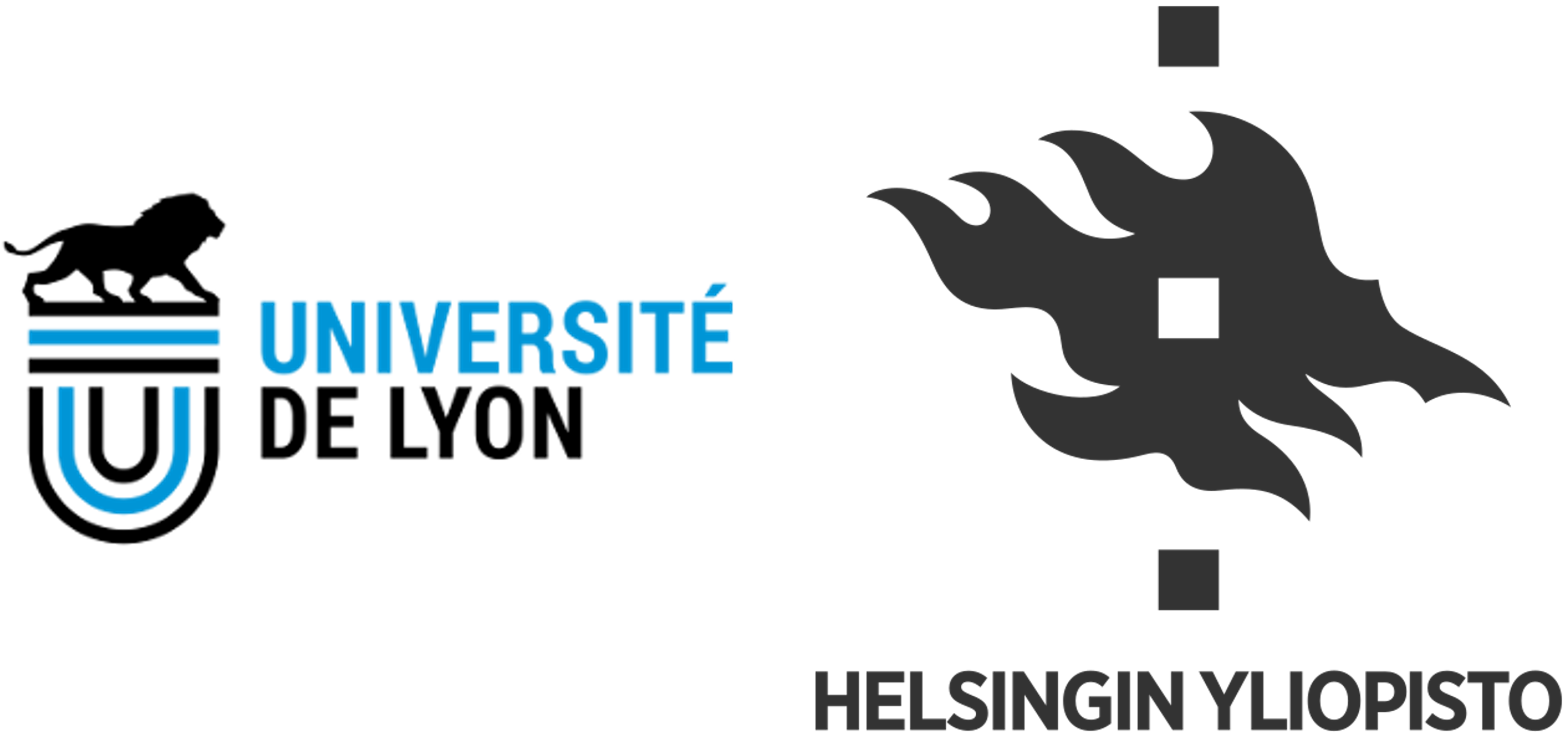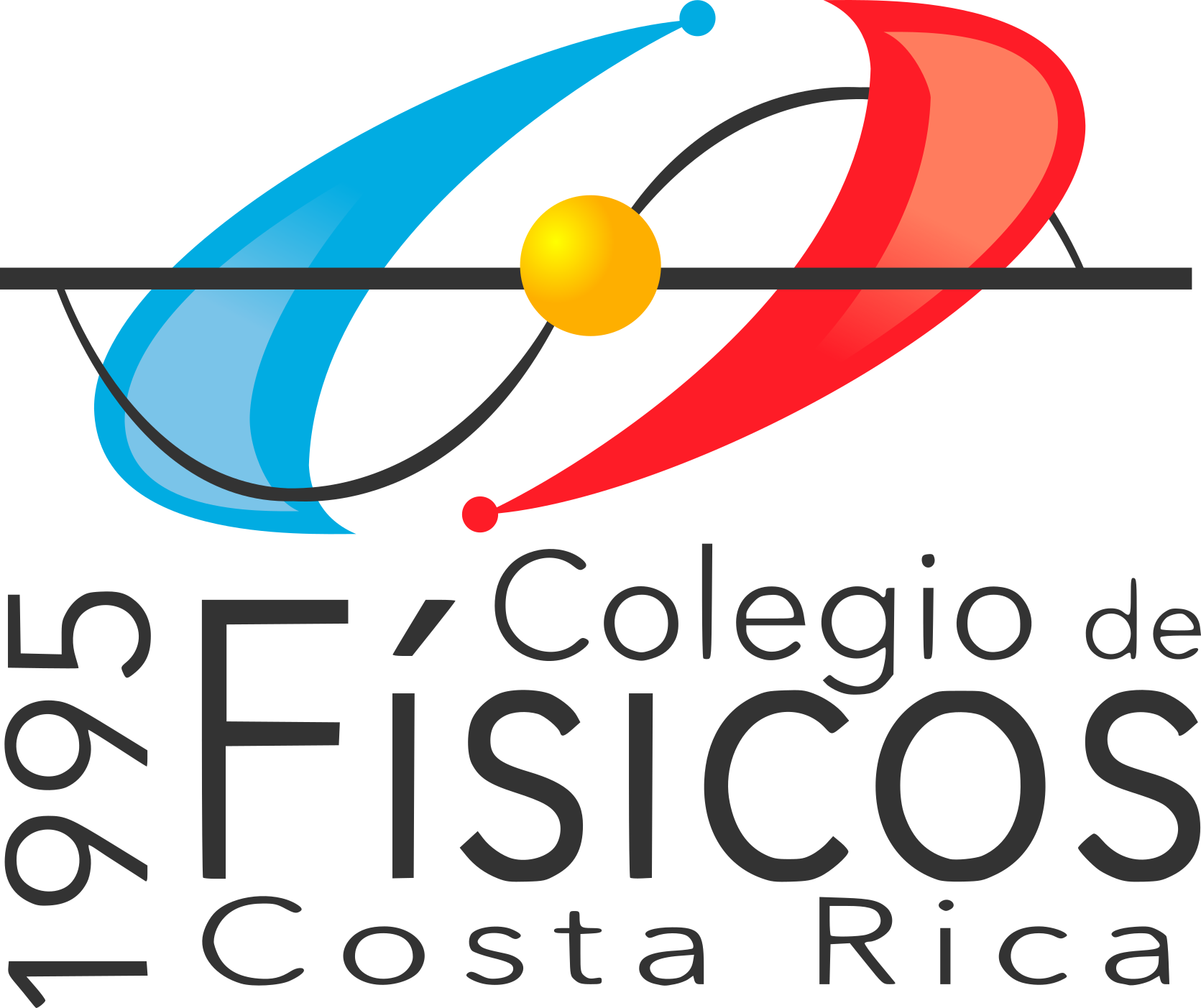
Las Universidades de Lyon (Francia) y de Helsinki (Finlandia) ofrecen oportunidades para doctorados en diversas áreas. Las convocatorias están habilitadas hasta el abril y mayo próximo (04 y 05/2024). Presentamos un resumen de las propuestas, junto con enlaces de información y contacto.
Información sobre los programas (en inglés)
PhDs en Helsinki, Finlandia
Dear Colleagues,
I have two PhD position openings at the University of Helsinki. These three-year positions are offered in the framework of the national doctoral education pilot funded by the Finnish Ministry of Education and Culture.
My two projects are within the Doctoral Education Pilot for Mathematics of Sensing, Imaging and Modelling.
The project subjects are:
Artificially intelligent gamma ray imaging detectors
Advanced image reconstruction for passive gamma emission tomography (PGET) of spent nuclear fuel
The application period opens on 2 April 2024 and closes on 22 April 2024.
The University of Helsinki Doctoral School organises a Q&A Zoom webinar on applying to the doctoral education pilot on Monday 25 March from 9:00-10:00 Finnish time (8:00-9:00 CET). Link to Zoom Q&A Webinar.
Find out more about the positions available in different scientific networks and projects and the application criteria:
Pilot website and Call Announcement
How to Apply Instructions
FAQ about Doctoral Education Pilot
If you have a University of Helsinki account, you can read more in Flamma news in English (tai suomeksi).
For general questions about the doctoral education pilot, please contact: doctoralpilot@helsinki.fi .
For questions about the two projects mentioned above, please contact me at peter.dendooven@helsinki.fi .
Best wishes,
Peter Dendooven
PhD en Lyon, Francia
Please note: We aim to select a candidate for recommendation to the doctoral school’s application process. The initial selection will occur in early May 2024, followed by the final concourse at the end of May 2024. The chosen PhD candidate will commence the PhD in September 2024. More information can be found on the doctoral school website.
Summary
The goal of this thesis is to investigate, develop, and evaluate deep learning-based methods for enhancing SPECT image quantification in the context of Lutetium-177 (Lu-177) therapies. Two deleterious physical effects, namely the Partial Volume Effect (PVE) and photon scatter, will be studied. The research aims to mitigate these effects to improve the accuracy of SPECT image quantification. Building upon previous work in the team, a database of accelerated Monte Carlo simulated images will be created to establish a learning schema. Real image acquisitions, conducted at the nuclear medicine department of Léon Bérard Cancer Center using the Veriton-CT, a last-generation SPECT/CT imaging device from Spectrum Dynamics, will be used for validation. This validation process will involve assessing specific criteria or metrics to gauge the success of the deep learning-based methods. The ultimate objective is to contribute to the advancement of SPECT image quantification techniques for Lu-177 therapies.
Context
The scientific context of the PhD is deep learning-based image correction methods for single-photon emission computed tomography (SPECT) images combined with accelerated Monte Carlo simulation methods for database generation. From a clinical perspective, the research is situated in the context of Lu-177 therapy, a recent theranostic approach for the treatment of advanced metastatic prostate cancer. It combines the use of a radiopharmaceutical agent which specifically targets prostate cancer cells that express the prostate-specific membrane antigen (PSMA), with SPECT imaging to monitor the distribution of the radiopharmaceutical and guide treatment. The Veriton system is a state-of-the-art SPECT camera composed of 12 detector heads based on Cadmium Zinc Telluride (CZT) semiconductors allowing high sensitivity and decreased acquisition time compared to conventional systems. Despite these advantages, challenges persist in the form of Partial Volume Effect (PVE) and photon scattering, hindering accurate image quantification and impeding reliable dosimetric estimation.
Goals
– To investigate deep learning-based methods for enhancing SPECT image quantification in the context of L-177 therapies.
– To generate training databases with accelerated Monte Carlo simulated images of the Veriton-CT SPECT imaging system and Lu-177 radionuclide.
– Focus first on Partial Volume Effect …
– … and then on scatter correction.
– To study first partial volume effects due to collimator response and to evaluate scatter correction methods.
– To study separately the impact of the correction for these two effects on the quantification thanks to accurate Monte Carlo simulations
– To evaluate the proposed methods on real images acquired at Léon Bérard Cancer Center
Challenges
Partial Volume Effect (PVE) and photon scattering are still present and impair image quantification. Even if several correction approaches have been proposed, these two degradation effects are still the main limiting factor for precise image quantification. Deep learning-based methods are currently being investigated for correcting these deleterious effects, but they require reference image data that are not available from real clinical systems. It is proposed here to exploit recent advances in accelerated Monte Carlo simulation to generate a database of ideal-impaired images and learn from it.
Environment
The recruited person will work in a multidisciplinary team composed of medical physicists, researchers and computer scientists of CREATIS laboratory and Leon-Bérard Cancer Center (Lyon).
Expected skills and other information
– Expected skills: deep learning, medical physics, Monte Carlo, computer sciences, AI
– Technical skills: Python (required), Gate
– English (required) and French (optional)
– Salary: 2 100 euros gross
Expected start: sept/oct 2024
Duration: 3 years
Location: Lyon, Léon Bérard Cancer Center, France
Send CV + grades to: david.sarrut@creatis.insa-lyon.fr ane.etxebeste@creatis.insa-lyon.fr

